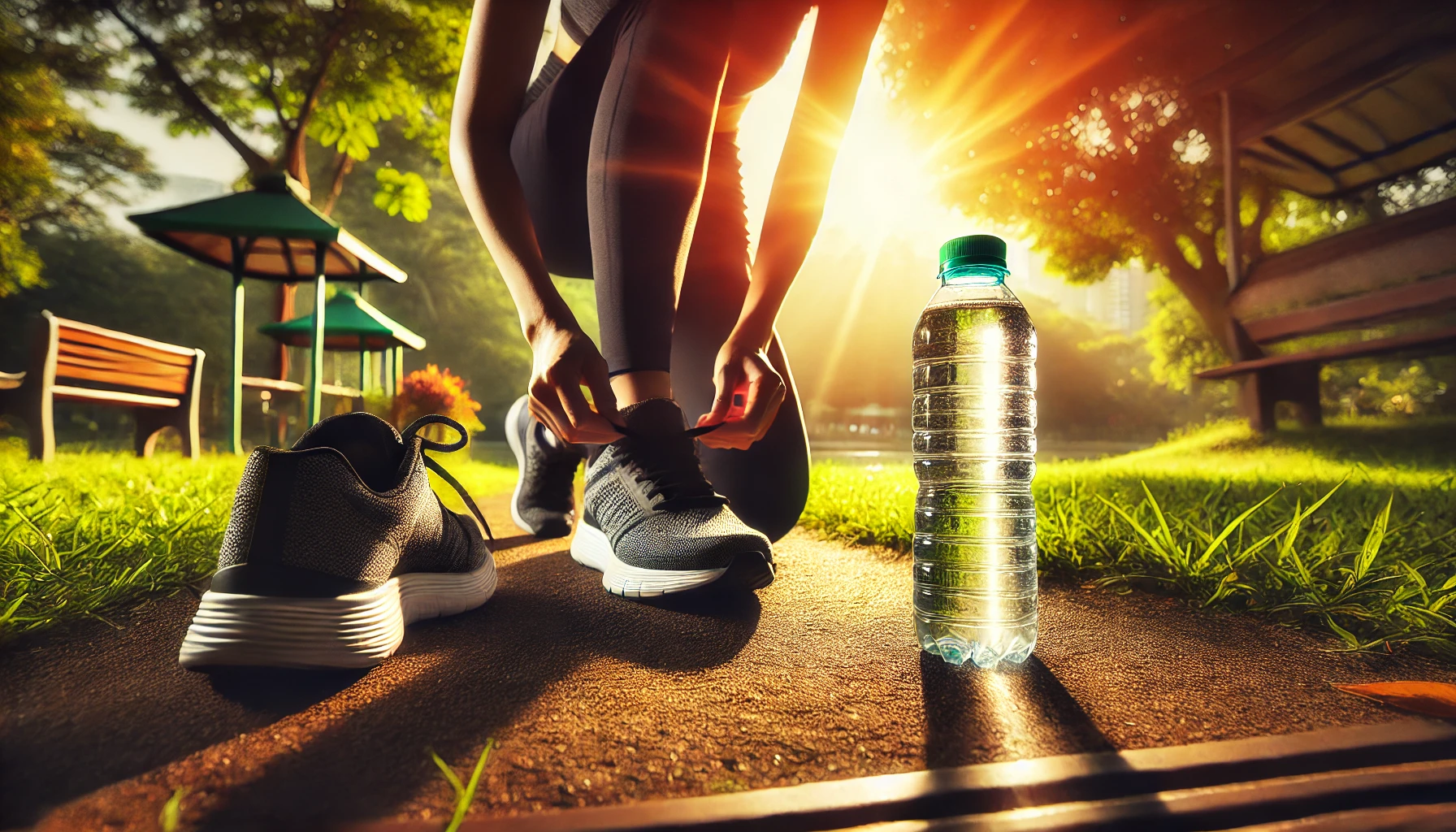Staying hydrated during workouts is essential for maintaining optimal performance and supporting your overall health. Water regulates body temperature, lubricates joints, and ensures that your muscles and organs function effectively. Without proper hydration, your energy levels and endurance can decrease, and you may experience fatigue, cramping, or dizziness.
Here’s why hydration is crucial during exercise and how you can maintain proper fluid balance.
How Hydration Impacts Performance
1. Regulates Body Temperature
When you exercise, your body generates heat. Sweating helps cool you down, but it also results in fluid loss. Staying hydrated ensures that your body can regulate its temperature effectively.
2. Maintains Energy Levels
Dehydration can cause a drop in blood volume, making your heart work harder to deliver oxygen and nutrients to your muscles. This can lead to fatigue and decreased performance.
3. Supports Muscle Function
Water helps transport electrolytes like sodium, potassium, and calcium, which are essential for muscle contractions. Dehydration can lead to muscle cramps and reduced strength.
4. Enhances Endurance
Proper hydration prevents early fatigue and helps you sustain physical activity for longer periods.
5. Improves Recovery
Hydration aids in flushing out toxins and delivering nutrients to your cells, speeding up post-workout recovery.
Signs of Dehydration
Dehydration can negatively impact your workout and overall health. Be aware of these common signs:
- Thirst (a late indicator of dehydration).
- Dry mouth or lips.
- Dark yellow urine.
- Fatigue or dizziness.
- Muscle cramps.
- Headaches or nausea.
How Much Water Do You Need During Exercise?
The amount of water you need depends on factors like the intensity and duration of your workout, as well as environmental conditions like heat and humidity.
General guidelines:
- Before exercise: Drink 16–20 ounces of water 2–3 hours before starting your workout.
- During exercise: Consume 7–10 ounces of water every 10–20 minutes.
- After exercise: Rehydrate with 16–24 ounces of water for every pound of body weight lost through sweat.
If you’re engaging in prolonged or high-intensity exercise, consider sports drinks that contain electrolytes to replenish lost minerals.
Tips for Staying Hydrated During Workouts
1. Start Hydrated
Begin your workout well-hydrated by drinking water consistently throughout the day.
2. Keep Water Accessible
Bring a reusable water bottle to your workout and take regular sips to stay hydrated.
3. Adjust for Conditions
Increase your water intake during hot or humid weather, as you’ll lose more fluids through sweat.
4. Monitor Sweat Loss
Weigh yourself before and after exercise to estimate how much fluid you’ve lost and need to replenish.
5. Choose the Right Beverage
For workouts lasting less than an hour, water is usually sufficient. For longer or more intense sessions, opt for electrolyte drinks to replace lost minerals.
6. Eat Hydrating Foods
Fruits and vegetables with high water content, such as watermelon, cucumber, and oranges, can contribute to your overall hydration.
Common Hydration Myths
Myth 1: You Only Need to Drink When You’re Thirsty
Thirst is a late indicator of dehydration. It’s better to drink water consistently throughout your workout.
Myth 2: Drinking Too Much Water Is Harmless
Overhydration, or hyponatremia, can occur if you consume excessive water without replacing electrolytes. Balance is key.
Myth 3: Sports Drinks Are Always Necessary
Unless you’re exercising for extended periods or in extreme heat, plain water is typically enough for hydration.
Final Thoughts
Hydration is a cornerstone of effective workouts and overall well-being. By maintaining proper fluid balance, you can enhance your performance, prevent dehydration-related issues, and recover more efficiently.
Make hydration a priority before, during, and after exercise to ensure you stay energized and ready to tackle your fitness goals. Remember, your body performs best when it’s well-hydrated—so drink up and enjoy the benefits of staying active and healthy!
